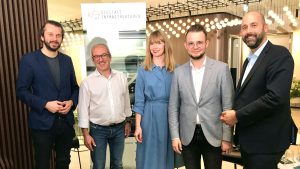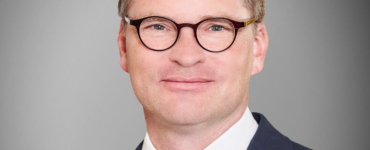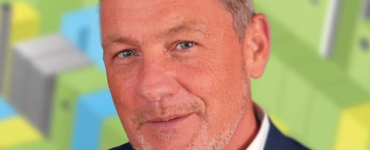The roll-out of digital infrastructures and renewable energies are fundamental prerequisites for reducing CO2 in the future with the help of digitalisation. This is illustrated not only by the hybrid event of the eco Alliance in Berlin but also by a survey by the DE-CIX Internet Exchange.
What potential opportunities for a sustainable industry does digitalisation offer today and in the future? And how do digital infrastructures play a role in this regard? The panel discussion organised by the Alliance for the Strengthening of Digital Infrastructures in Germany – which was founded under the umbrella of the eco Association – involved politicians and business leaders, and offered plenty to talk about. As discussion partners at the hybrid talk format, the eco Alliance had invited the Bundestag members Tobias Bacherle (Alliance 90/The Greens) and Maximilian Funke-Kaiser (FDP), as well as the Spokesperson for the Alliance, Dr Béla Waldhauser to the Helix Hub in Berlin on 21 June.
Digitalisation is part of the solution to achieving climate targets
At the beginning of the event, eco’s Managing Director Alexander Rabe pointed out that digitalisation is already part of the solution for more sustainability and will become even more important in the future. “Understanding these technologies as tools and as a means to achieve climate goals – that is our mission in 2022,” stated Rabe.
Dr Béla Waldhauser also clarified in a short keynote that the energy efficiency of data centres in Germany has made “quantum leaps” in the past 20 years and is now highly energy efficient. But in order to be able to use all the potentials of sustainable digitalisation, the energy transition is a basic prerequisite: “We have to ensure that we have 100 per cent renewable electricity around the clock,” Waldhauser went on to say.
Expansion of digital infrastructures is essential to save even more CO2
Furthermore, with the help of digitalisation, the industry is also contributing to considerable CO2 savings in other areas. Working from home is an example: According to Greenpeace, just one day of working from home per week could save at least 1.6 million tonnes of CO2 per year in Germany.
However, according to a recent YouGov survey commissioned by the DE-CIX Internet Exchange, this is currently also still failing due to connectivity problems: For instance, 38 per cent of German consumers struggle with noticeable delays in using the Internet several times a week or even every day. The survey shows that young adults and employees who work from home are particularly aware of such delays.
In order to permanently resolve such connectivity issues, the expansion of digital infrastructure urgently needs to be driven forward, says DE-CIX, a wholly-owned subsidiary of the eco Association and an Alliance member.
This not only corresponds to the quintessence of the last Alliance Talk but is also a core political demand of the initiative: The roll-out of gigabit networks is an essential component for sustainable digitalisation and increased energy efficiency.
You can click here for the recording of the German-language hybrid event.




